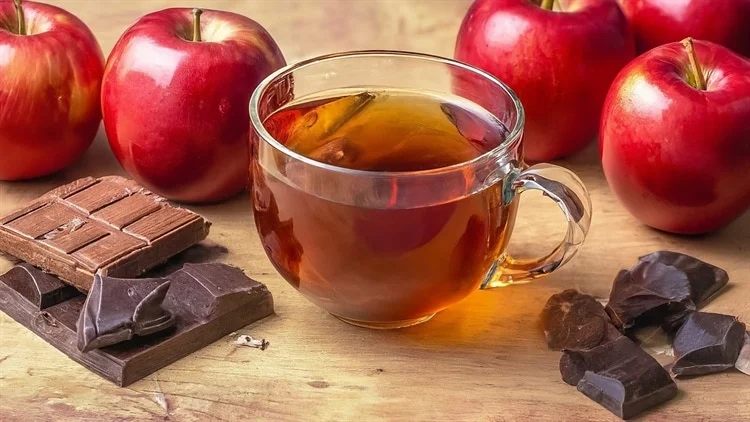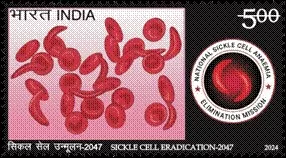In a groundbreaking study published in The American Journal of Clinical Nutrition, researchers have identified that a diet rich in flavonoids—compounds found in plant-based foods such as tea, apples, and dark chocolate—can significantly reduce the risk of developing non-alcoholic fatty liver disease (NAFLD).
Understanding NAFLD and Its Growing Impact
NAFLD, characterized by fat accumulation in the liver without excessive alcohol consumption, is a growing health concern. It can progress to severe conditions like liver inflammation, cirrhosis, and eventual liver failure. Over the past three decades, the prevalence of NAFLD has surged by more than 50%, posing a significant public health challenge.
Currently, primary treatment strategies emphasize cardiovascular risk reduction, often through weight loss. However, for some individuals, this approach may not be viable, underscoring the need for alternative preventive and therapeutic methods.
The Role of Flavonoid-Rich Foods
The study, conducted on over 120,000 participants from the UK Biobank cohort, explored the link between flavonoid intake and liver health over a decade. Researchers measured flavonoid consumption through the Flavodiet Score (FDS), which accounts for servings of flavonoid-rich foods such as tea, apples, berries, grapes, onions, and dark chocolate.
Key Findings
- Participants with the highest FDS quartile had a 19% lower risk of developing NAFLD compared to those with the lowest FDS.
- Higher consumption of apples and tea reduced NAFLD risk by 22% and 14%, respectively.
- Foods rich in specific flavonoid subclasses, such as theaflavins (found in tea) and proanthocyanidins (present in dark chocolate), were linked to reduced liver fat and healthier liver imaging biomarkers.
- Interestingly, while dark chocolate showed protective effects, foods like grapes and onions were associated with slightly higher liver fat levels, likely due to sugar content or dietary pairings.
Broader Implications
These findings emphasize the potential of flavonoid-rich diets in preventing and managing NAFLD. They also highlight the nuanced relationship between certain foods and liver health, calling for further research into the mechanisms behind these effects.
What This Means for You
Incorporating flavonoid-rich foods into your diet—like a daily cup of tea, a crisp apple, or a piece of dark chocolate—might do more than just please your palate. It could also help support your liver health and reduce the risk of NAFLD. However, moderation and a balanced diet remain key.
Future Directions
The study authors suggest more research to confirm these findings across diverse populations and explore the underlying biological pathways. As the global burden of liver disease continues to rise, dietary interventions like these may offer a simple, accessible means of promoting liver health.
Reference:
Bell W, Jennings A, Thompson AS, et al. The American Journal of Clinical Nutrition, 2024. DOI: 10.1016/j.ajcnut.2024.09.022











